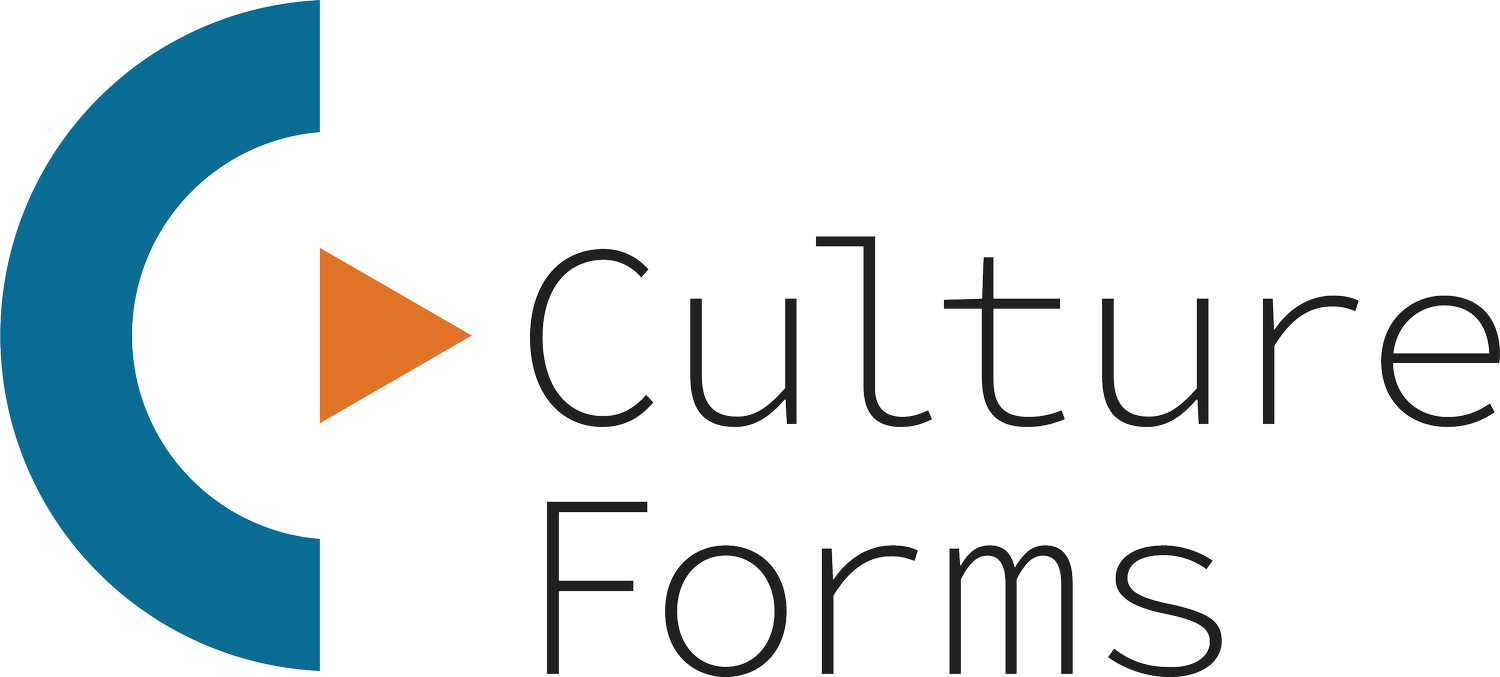Change : Conflict : Creativity : Correspondence
It would be difficult to argue with the notion that creativity depends on change. The act of creating means as much: there was nothing, then something.
For some people, the fact of change can register as a conflict. When something isn’t as it has been, it may create agita, misunderstanding, hurt, a break of trust in a system or trust in another person. I’ve seen this many times in my work.
This made me wonder: is conflict creative?
It may as well be. When we’re in it, we usually need to make something—a conversation, an apology, a new protocol—in order to find a way out.
The circular nature of these thoughts made me consider the way creativity, change, and conflict correspond with one another.
But correspondence has two meanings here, and both are significant . Not only does “correspondence” signify the relationship between elements, but also as an action—to correspond, e.g., to remain in communication, to sustain conversations and connection, to forge a long-lasting sense of community—and in this way it serves as an antidote to change becoming conflict.
If we can stay communicative as things shift, the natural progressions may be less likely to cause upset. A friend once remarked that you make a curve by a series of small turns. Are you able to tell the people in your orbit what those turns are as they appear? (Of course this isn’t true for all things. For instance, betrayal will be upsetting no matter how or when it’s communicated.)
For me, correspondence keeps me accountable. In recent years, accountability seems to have become an overused word and it means different things to each of us. One definition I admire I first read in Mia Birdsong’s How We Show Up:
“Our thinking about accountability has to expand as well. We often think of it as a system of punishment that's meant to keep us from messing up. And if we mess up, we feel ashamed and feel like apologizing. It's a responsibility to others. Accountability, as I mean it, is more about ourselves in the context of the collective. It's seeing the ways we cause hurt or harm as actions that indicate we are not living in alignment with values that recognize our own humanity or the humanity of others. It's about recognizing when our behavior is out of alignment with our best selves. And as Mia Mingus…explained to me, you can't hold another person accountable. You can support someone's accountability, but we hold ourselves accountable.”
When I think about what accountability means to me, I’ve found that a large portion relies on communication. Imagine meeting a friend at the movies. Imagine texting them the following updates:
Heading out the door, be there in 10
I found a parking spot
On foot, almost there
Purchasing my ticket and going to get popcorn (do you want any?)
I’m here, what row are you in?
I believe that each of these communications contributes to a sense of accountability. By setting expectations and updating another person about one’s progress, we hold ourselves accountable and remain in correspondence.
How do you understand the relationships between conflict, creativity, change, and correspondence? What is a definition of accountability that helps you align your actions and values accordingly?
